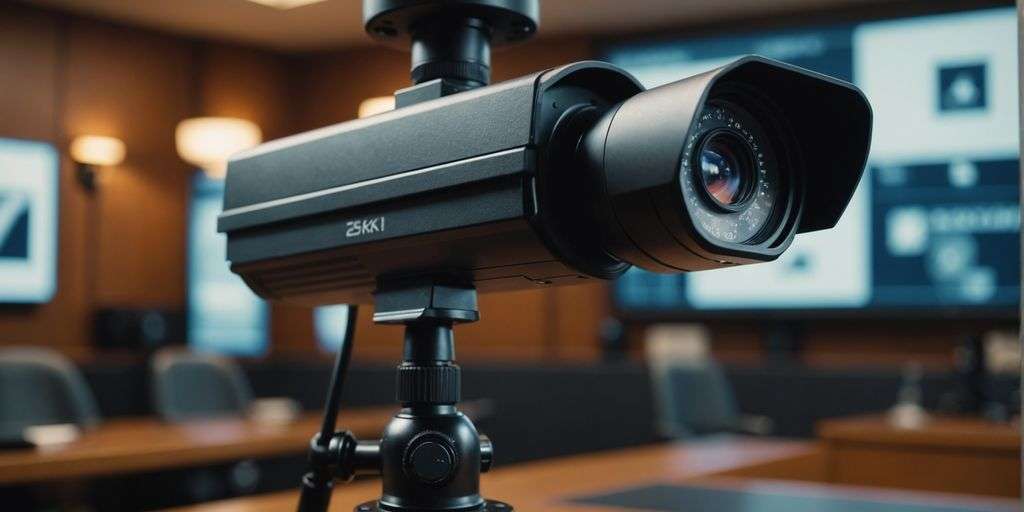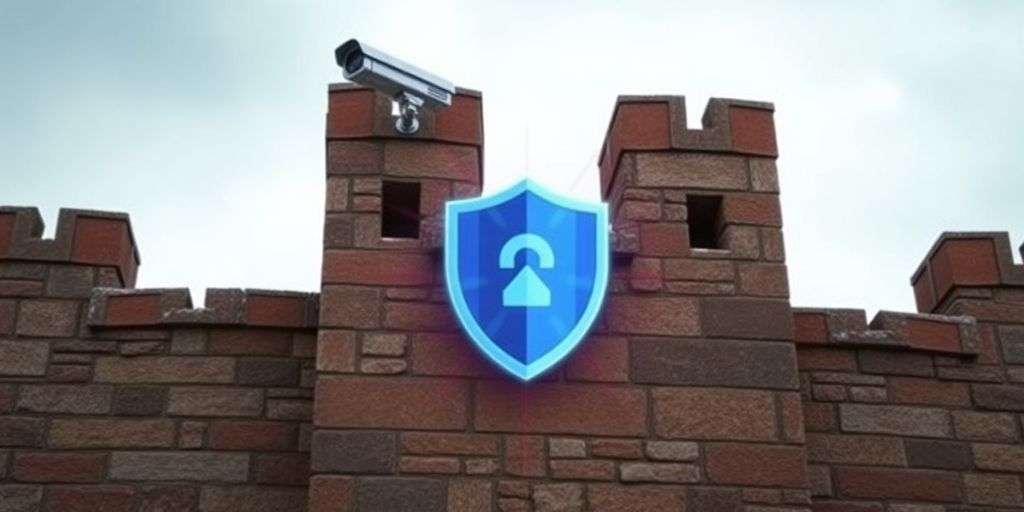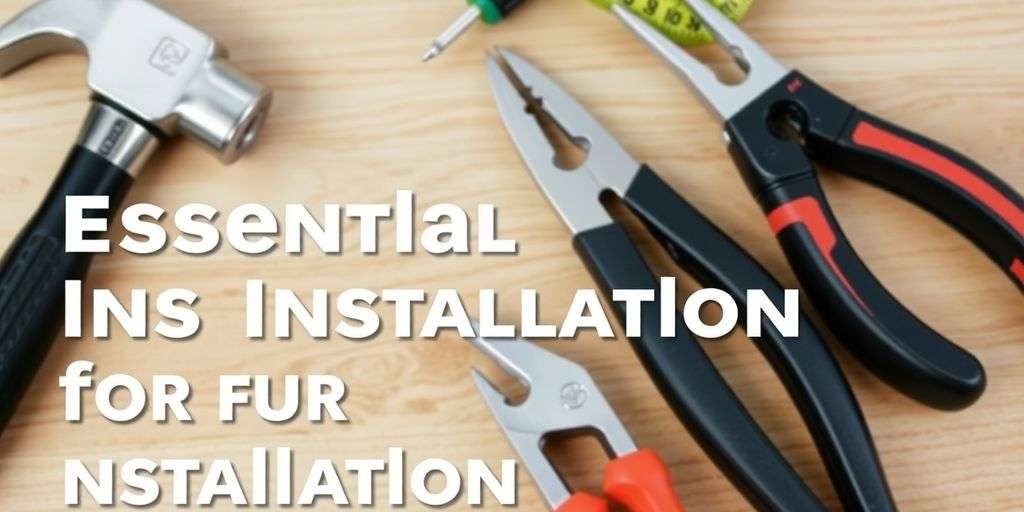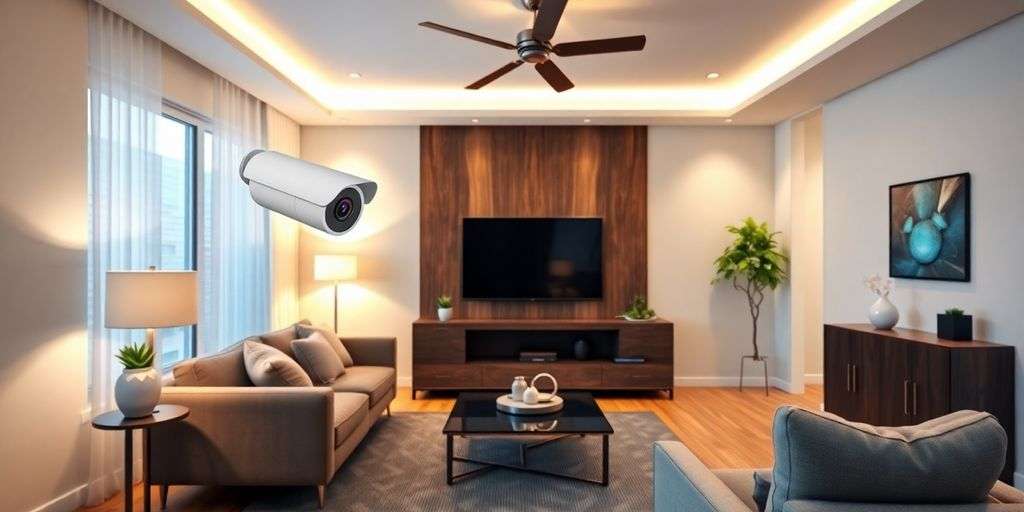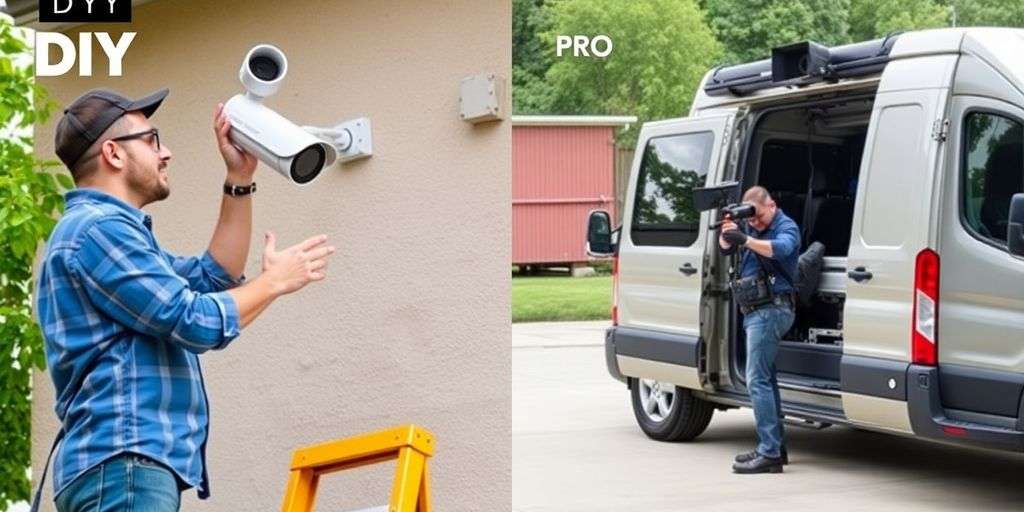Navigating CCTV Laws in the UK

Key Legal Requirements
In the UK, CCTV rules are designed to balance the need for surveillance with the right to privacy. It’s crucial to follow these laws to avoid legal issues. Homeowners and businesses must ensure their CCTV systems comply with the Data Protection Act and the Protection of Freedoms Act 2012. This includes displaying clear signs to inform people they are being recorded and obtaining permission before recording someone.
Public vs. Private Spaces
The rules for CCTV use differ between public and private spaces. In public areas, it’s essential to have visible signage and to follow guidelines set by the Information Commissioner’s Office (ICO). For private spaces, like homes, the focus is on not infringing on neighbours’ privacy. Always ensure your cameras are positioned to avoid capturing images beyond your property boundaries.
Updates and Changes in Legislation
CCTV laws are not static; they evolve to address new privacy concerns and technological advancements. Staying updated with the latest changes is vital. Regularly consult the ICO’s guidance and other legal resources to ensure your surveillance practises remain compliant. This proactive approach helps in maintaining a balance between security needs and privacy rights.
Respecting Privacy with CCTV
Proper Placement of Cameras
When setting up CCTV cameras, it’s important to find a balance between security and individual respect. Priority is finding a balance between security and individual respect in CCTV usage. Make sure your cameras do not capture unnecessary footage of your neighbours’ properties or public spaces. This helps in avoiding any breach of privacy concerns.
Handling Neighbourly Disputes
If your CCTV system captures areas beyond your property, you must comply with data protection laws. Be transparent about your CCTV use and inform your neighbours of the presence of the cameras. This can help in resolving any disputes amicably.
Consent and Signage
It’s essential to be clear about your CCTV installation. Put up signs to inform people that they are being recorded. This not only helps in maintaining transparency but also ensures that you are respecting the privacy rights of individuals.
Managing CCTV Data Responsibly
Data Retention Policies
When it comes to storing CCTV footage, it’s important to have clear policies. Footage should only be kept for as long as necessary. For most cases, a period of 30 days is recommended unless the footage is needed for a specific investigation or legal matter. This helps in balancing security needs with privacy concerns.
Access and Security Measures
To protect the data collected by CCTV, only authorised individuals should have access to the footage. This prevents misuse and unauthorised disclosure of personal information. Implementing strong security measures, such as password protection and encryption, is essential to safeguard the footage.
Reporting and Addressing Violations
If there are any breaches or misuse of CCTV data, it is crucial to report them immediately. Having a clear process for addressing violations ensures that any issues are dealt with promptly and effectively. This not only helps in maintaining trust but also ensures compliance with data protection laws.
Always remember, managing CCTV data responsibly is not just about following the law, but also about respecting the privacy of others.
Conclusion
In summary, understanding and following CCTV laws and regulations is essential for anyone using surveillance cameras. These rules are there to protect everyone’s privacy while allowing for security measures. Whether you’re a homeowner, a business owner, or just curious about your rights, staying informed about the latest laws will help you use CCTV responsibly. Remember, it’s not just about setting up cameras; it’s about respecting privacy and handling data with care. By doing so, you can ensure that your use of CCTV is both effective and lawful.
Frequently Asked Questions
Do I need to put up signs if I have CCTV?
Yes, in the UK, you must display signs to inform people that they are being recorded. This is to ensure transparency and respect for privacy.
Can I install CCTV at my home?
Yes, you can install CCTV at your home. However, you must ensure that the cameras do not invade the privacy of your neighbours or public spaces.
How long can I keep CCTV footage?
CCTV footage should only be kept for as long as necessary. The specific duration can vary, but it is generally advised to delete footage after 30 days unless it’s needed for an investigation.

